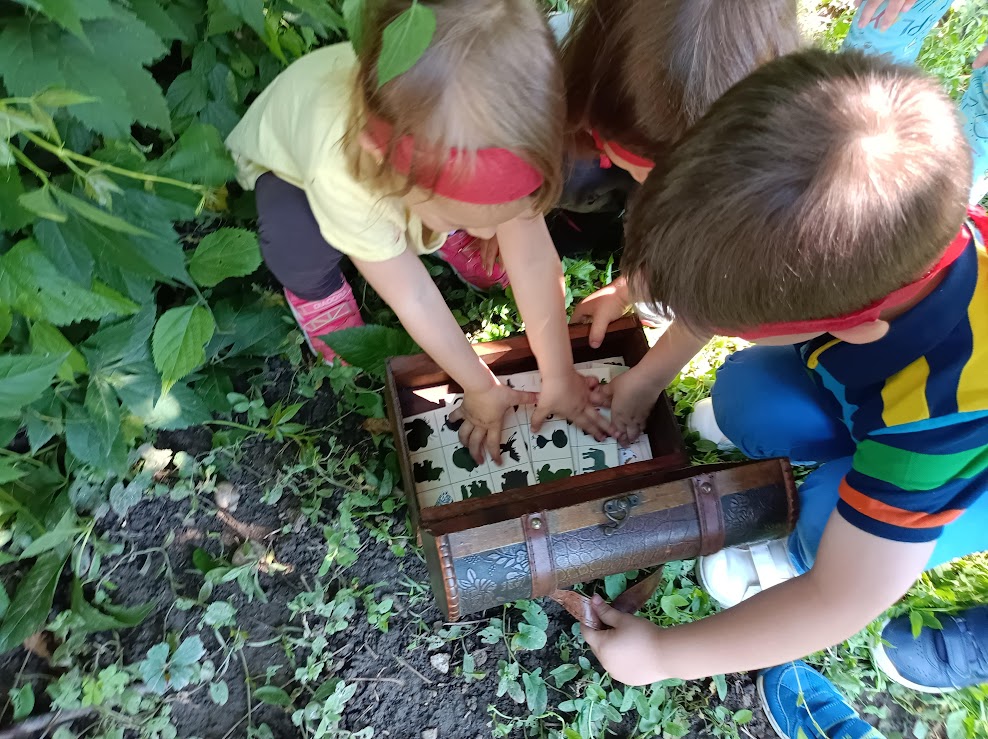
Topic(s) addressed
The project focused on physical and mental wellbeing through outdoor activities to improve children's physical and mental health. It also addressed inclusive education, developing social and emotional skills, and promoting a positive, healthy, and harmonious educational environment.
Target group(s)
The target group included teachers and pre-schoolers.
Methodologies
The project focused on outdoor education as the primary method of teaching and learning. Instead of traditional classrooms, activities are planned and implemented in the natural environment, providing children with unique opportunities to explore, learn and develop. Children were encouraged to be actively involved in hands-on and creative outdoor activities by using objects in the environment to build, create, and experiment. Other techniques included nature coding, animal therapy, and sensory trails, for developing and improving children's physical, mental and cognitive abilities.
Innovation environment
Teachers are facilitators of innovation within the project. They have been encouraged to constantly improve their practices and explore new ways to guide children to success. Essential to the project was building a positive school climate, by promoting a safe, inclusive, and stimulating atmosphere conducive to learning and development. Learning environments are sustainable. promoting a responsible approach to the use of resources. In the construction of the outdoor rooms, recyclable materials were used.
Teachers’ role
Teachers bring new ideas, experiment with unconventional methods and encourage creative thinking among their students. By adapting and implementing innovative practices, they assumed a proactive role in transforming the educational process. A healthy and supportive work environment helps teachers harness their creativity and express their potential for the benefit of their students. Cooperation between teachers stimulates creativity and encourages innovation.
Impact and output
The project generated a series of beneficial effects in the school communities and beyond. Participating teachers implemented inclusive outdoor activities, demonstrating a strong commitment to innovation and quality education. At a national level, more than 130 teachers implemented inclusive outdoor activities in their kindergartens. This demonstrates the capacity to expand innovative practices in education. The exchange of good practices and experiences between different educational systems has contributed to the enrichment and diversification of education.
Video
- Reference
- 2020-1-RO01-KA227-SCH-095342
- Project locations
- Romania
- Project category
- Early childhood education and care
- Project year
- 2024
Stakeholders
Coordinators
Grădinița Ciupercuța
- Address
- Romania
Participants
Agrupamento de Escolas Trigal de Santa Maria
- Address
- Portugal
Saime Aslan Anaokulu
- Address
- Türkiye
